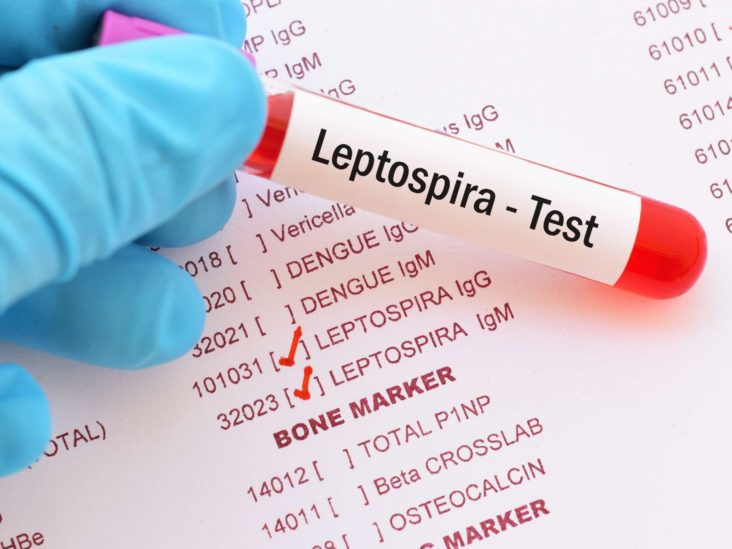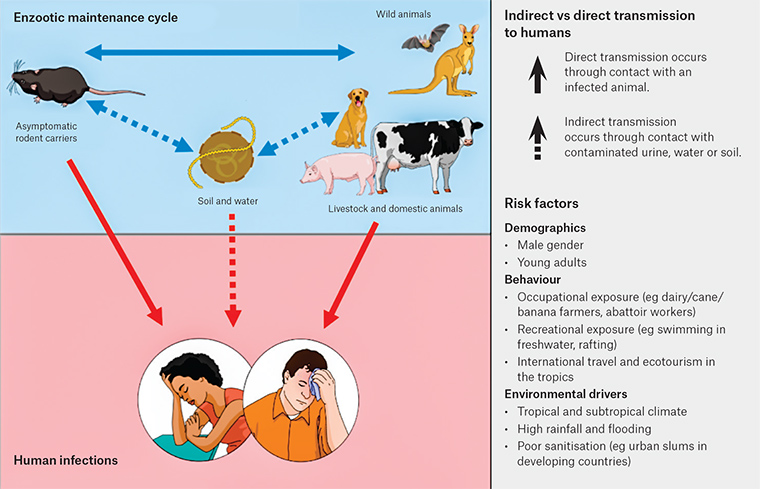
There are several leptospirosis treatments, and the disease can be successfully treated with the right medication. Fortunately, the treatment for this condition is usually quite simple. Antibiotics are given to patients immediately after they’re diagnosed. If the disease is severe, the patient may require intravenous antibiotics or hospitalization. Several clinicians choose to use doxycycline for the first phase of treatment.
Symptoms of leptospirosis can vary. Some suffer from mild, ‘flu-like illness, while others may suffer from severe, flu-like symptoms. While many patients will recover after treatment, others will develop severe complications. In some cases, the disease is fatal. Despite the fact that leptospirosis is not dangerous, it is important to follow all instructions and advice from your doctor.
While there is no specific treatment for leptospirosis, symptoms can vary greatly. Some people will not experience any symptoms at all, while others may experience flu-like symptoms that may last for days or weeks. Moreover, some people can develop very serious complications and require intensive care. That is why the doctor should always be informed about the condition and possible complications before starting treatment. So what are the best treatments for leptospirosis?
Treatment for leptospirosis depends on the stage of the disease. In the first phase, antibiotics are used as first-line therapy. However, the second phase may be prolonged and require supportive care such as blood products or mechanical ventilation. The disease usually resolves within a few months or years, but in the most severe cases, treatment is more difficult. The infection should be treated as quickly as possible with antibiotics.
Treatment for leptospirosis is available for many symptoms. The symptoms of leptospirosis are very varied, and the severity of the disease will depend on the individual. Typically, treatment for leptospirosis is given to a patient as soon as symptoms appear. Treatment may include several stages. Site https://ecoehomes.com/ reminds that although symptoms can vary greatly, treatment will be effective if the patient exhibits signs and symptoms consistent with the disease.

In the first stage, the disease is usually treated with antibiotics and supportive care. The second phase, known as Weil’s disease, can be fatal and may require multiple organs and surgery. At the first stage, the doctor will prescribe an antibiotic and conduct a blood test. The patient should be seen by a doctor as soon as symptoms appear. In the second step, he or she will likely refer you to an infectious disease specialist.
Treatment of leptospirosis may be difficult because of the many possible symptoms. In some cases, the disease may not produce any symptoms at all and requires supportive care. In the second phase, leptospirosis may cause kidney or liver failure, and it may lead to meningitis. In some cases, the disease can be self-limited and can be treated without antibiotics. In these cases, antibiotics are given to reduce the symptoms of the disease, as well as decrease the amount of organisms in the urine.
For leptospirosis, the treatment depends on the severity of the disease. In the first phase, the disease will present with flu-like symptoms. Depending on the severity, patients may require supportive care, such as dialysis, and ventilatory support. Some patients will require additional medical interventions, such as kidney and bone failure. Most cases of leptospirosis will resolve on its own without antibiotics.
In the second phase, patients may experience severe symptoms, including bleeding into the skin, kidney failure, and heart failure. Most patients will not develop symptoms unless they’re severely ill. Symptoms vary widely from mild ‘flu-like’ symptoms to life-threatening multi-organ failure. When the disease is suspected, a doctor will take blood and urine samples and analyze the results. A spinal tap is also used to grow bacteria.
In some severe cases, the infection may cause organ failure. Acute leptospirosis symptoms can be severe. Some patients may need to be hospitalized. If the symptoms persist, they can lead to death. The good news is that leptospirosis is treatable. If you’re unsure about your risk of infection, consult a doctor for more information. While leptospirosis is rare in the UK, it can be easily spread by animals.